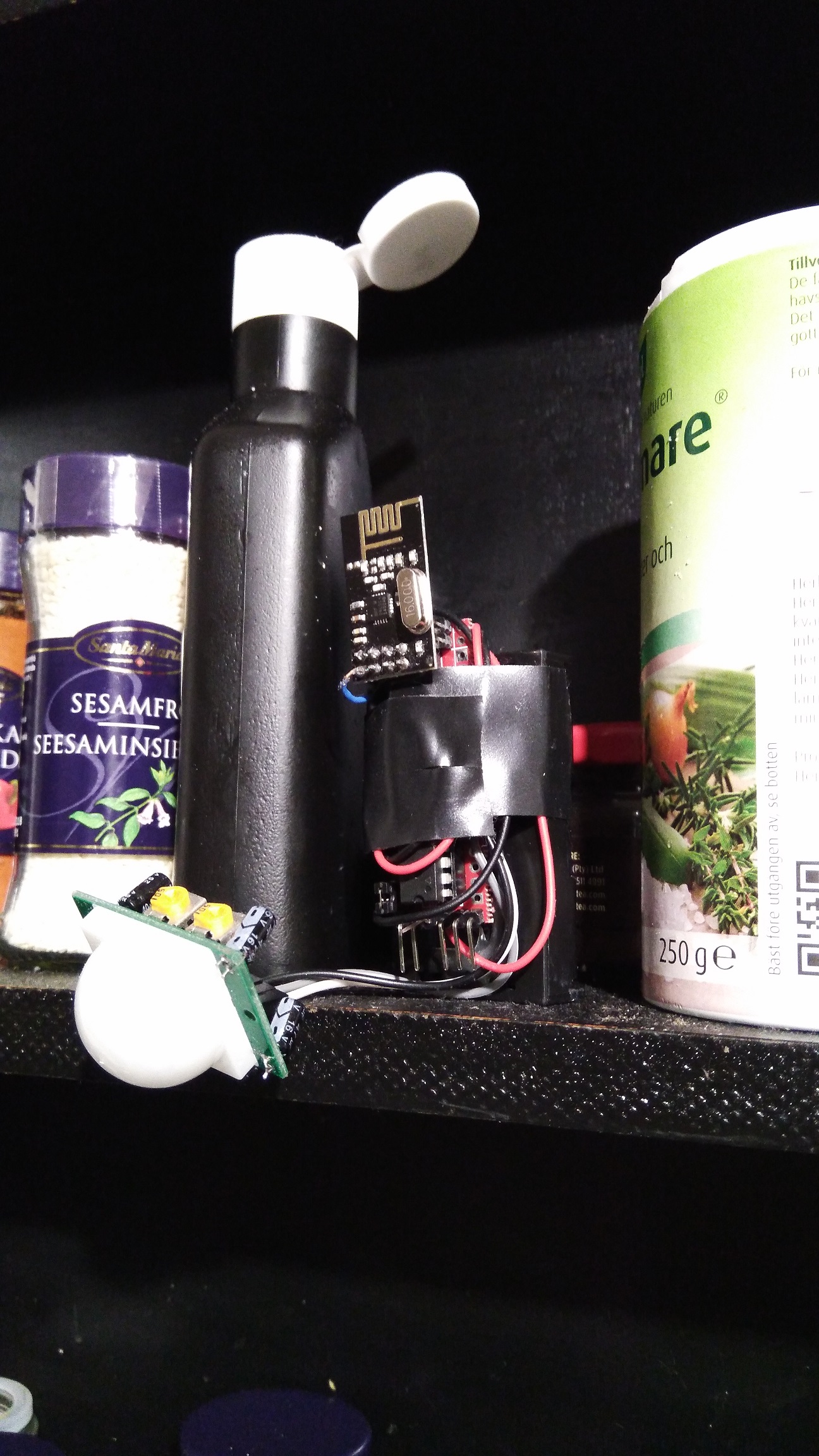What did you build today (Pictures) ?
-
Back to the OP topic, I made a micro-usb OTG cable (bottom cable below) that passes through all 5 pins:

This will replace the more fragile cable above it in the next generation of my nRF5 micro-usb programming/debug adapter.It turns out you can't buy this cable. At least, I couldn't find any for sale. Instead, I had to make it myself. Fortunately, Adafruit sells a little DIY kit that helped tremendously:
https://www.adafruit.com/product/1826:)
-
Back to the OP topic, I made a micro-usb OTG cable (bottom cable below) that passes through all 5 pins:

This will replace the more fragile cable above it in the next generation of my nRF5 micro-usb programming/debug adapter.It turns out you can't buy this cable. At least, I couldn't find any for sale. Instead, I had to make it myself. Fortunately, Adafruit sells a little DIY kit that helped tremendously:
https://www.adafruit.com/product/1826:)
-
Back to the OP topic, I made a micro-usb OTG cable (bottom cable below) that passes through all 5 pins:

This will replace the more fragile cable above it in the next generation of my nRF5 micro-usb programming/debug adapter.It turns out you can't buy this cable. At least, I couldn't find any for sale. Instead, I had to make it myself. Fortunately, Adafruit sells a little DIY kit that helped tremendously:
https://www.adafruit.com/product/1826:)
@NeverDie So many colours of nations offended... Have you thought of going for President ?
-
Actually, this was the very first time I've used shrink tubing. How could I do it better?
Mostly I didn't want there to be much bending, which might lead to tearing loose the solder connections. I wanted the finished cable to be a "once and done." Now that it's done, the connections should go very easy.
-
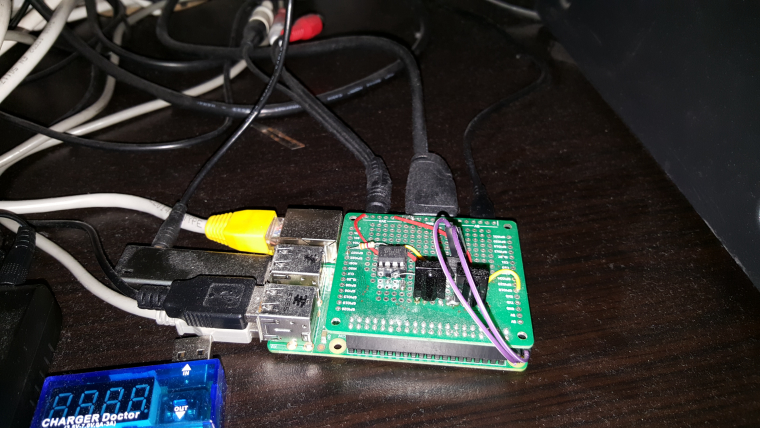
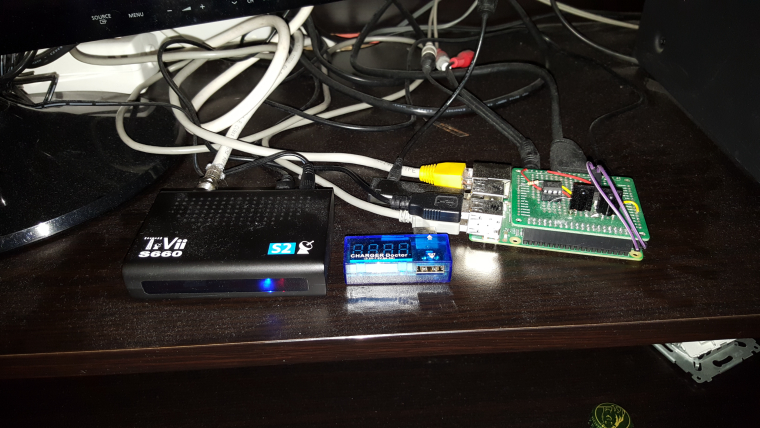
I use raspberry for watching television, movies etc. Today I build raspberry hat to turn on from remote control. Attiny85 recognizes programmed remote code and by optocoupler short circuit on pins.
@scalpel how do You program the ir code for the power button ? can it be programed from the linux running in the rpi ? or it is just hardcoded into atiny code ?
-
@scalpel yeah, I did this kind of project also and I wonder if there is a software for that :) It would be fun to be able to set the wakeup ir code from the linux os, with for example i2c or 1-wire interface.
-
@scalpel yeah, I did this kind of project also and I wonder if there is a software for that :) It would be fun to be able to set the wakeup ir code from the linux os, with for example i2c or 1-wire interface.
-
rarely, but still it would be fun to make such thing :)
-
@dbemowsk while you are at it..consider :)
The dishwasher can be added as well. My devices dishwasher / washing machine / dryer send messages to all tvs that are turned on. Identifying themselves and invite you to come and clean them :). It comes in handy and absolutely jaw dropping on your visitors.
If you turn on the stove air circulation system in the kitchen... Why not greet the wife with automatically start the TV in the kitchen and play her favourite radio channel at her preferred volume...
@sincze said in What did you build today (Pictures) ?:
her favourite radio channel at her prefer
@sincze hi, could you elaborate a bit more the TV messages, do you have any link with more info? Was that the LG tv with Mqtt that was mentioned on the forum?(or I mixed forums)
-
@sincze said in What did you build today (Pictures) ?:
her favourite radio channel at her prefer
@sincze hi, could you elaborate a bit more the TV messages, do you have any link with more info? Was that the LG tv with Mqtt that was mentioned on the forum?(or I mixed forums)
@dakipro we use kodi on al lgl tvs. The libreelec TV box has cec and can turn on the TV via hdmi. If TV is on I am able to control the volume via the LG webserver. Kodi (api) can display the notifications for Me :). Not that fancy but it works like a charm.
-
Side note. I did a quick search, there is a cec library for arduino!
https://github.com/stefslon/cec-arduino -
@dakipro we use kodi on al lgl tvs. The libreelec TV box has cec and can turn on the TV via hdmi. If TV is on I am able to control the volume via the LG webserver. Kodi (api) can display the notifications for Me :). Not that fancy but it works like a charm.
-
Back to topic! Last night I made some changes to my ATX Power supply because the variable settings was to sensitive:
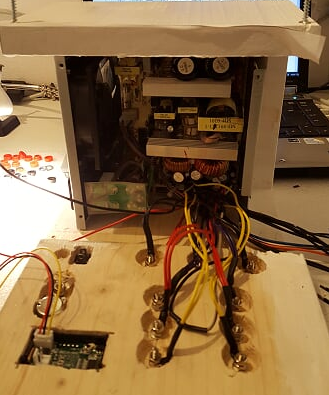
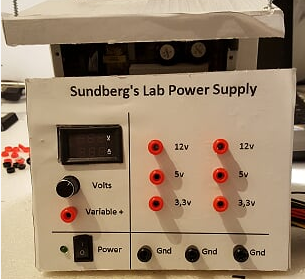
-
Back to topic! Last night I made some changes to my ATX Power supply because the variable settings was to sensitive:


@sundberg84 Did you find that taking the cover off improved the accuracy at all ?
:laughing: -
I built a lithophane lamp for my grandson. The electronics is basically only a pro mini and 36 neopixels. Sadly this version is not mysensorized but maybe I'll do that in version 2 :)
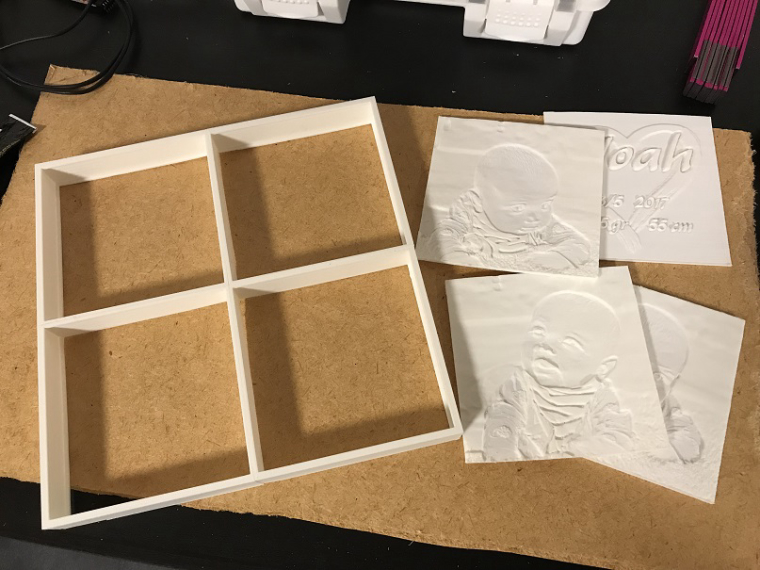
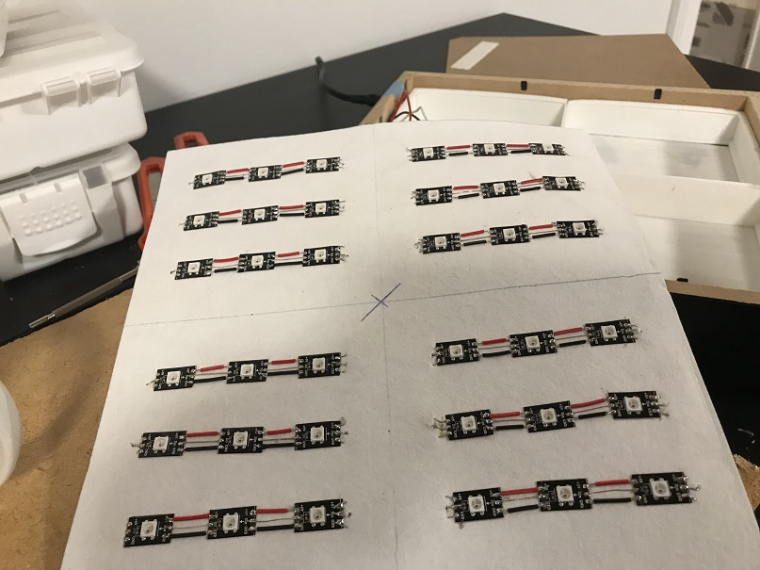
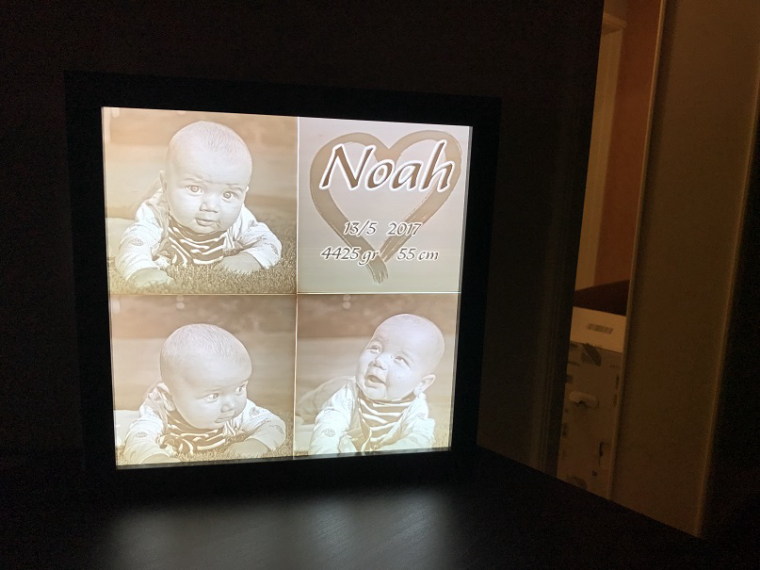
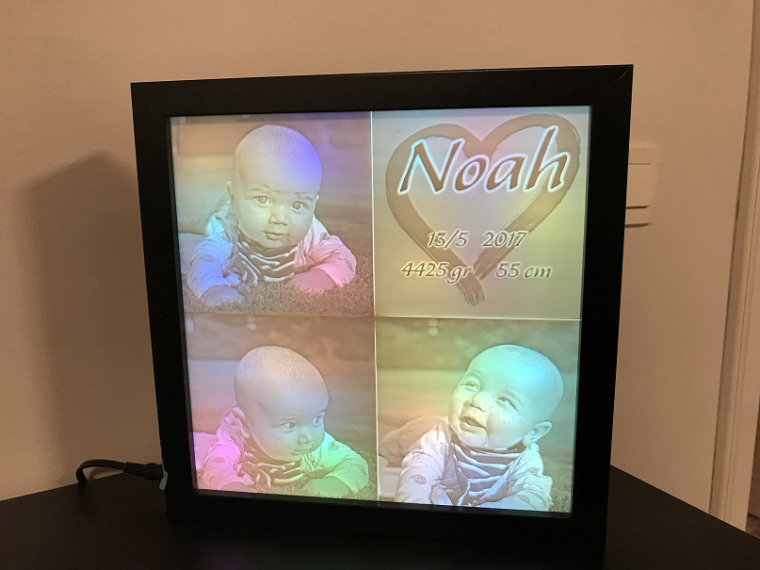
-
@gohan said in What did you build today (Pictures) ?:
I have seen a video where you can convert your pictures and print them using a 3D printer
Correct, these are 3D printed lithophanes (https://en.wikipedia.org/wiki/Lithophane). I used http://3dp.rocks/lithophane/ to convert jpg files to STL files for printing.

